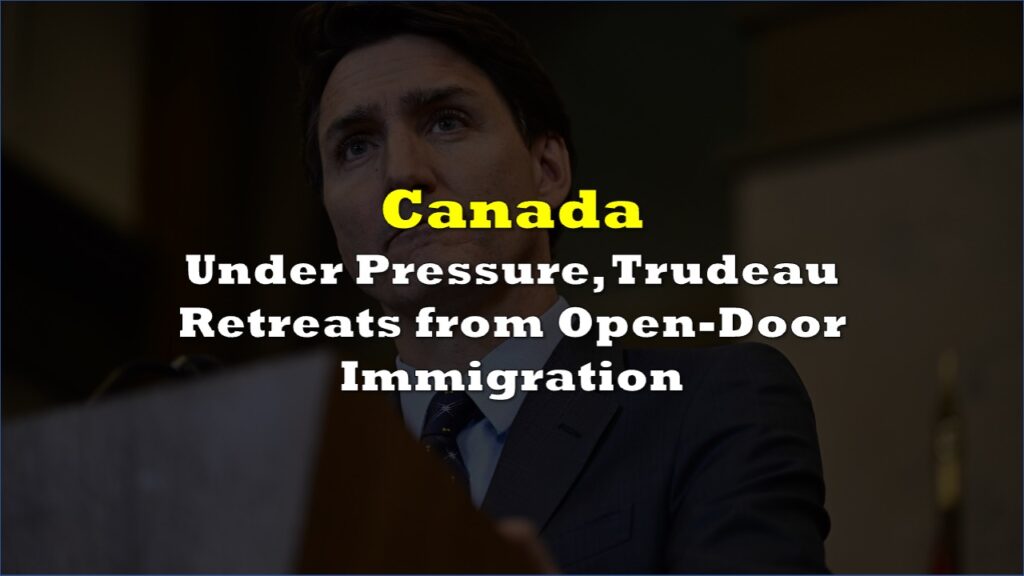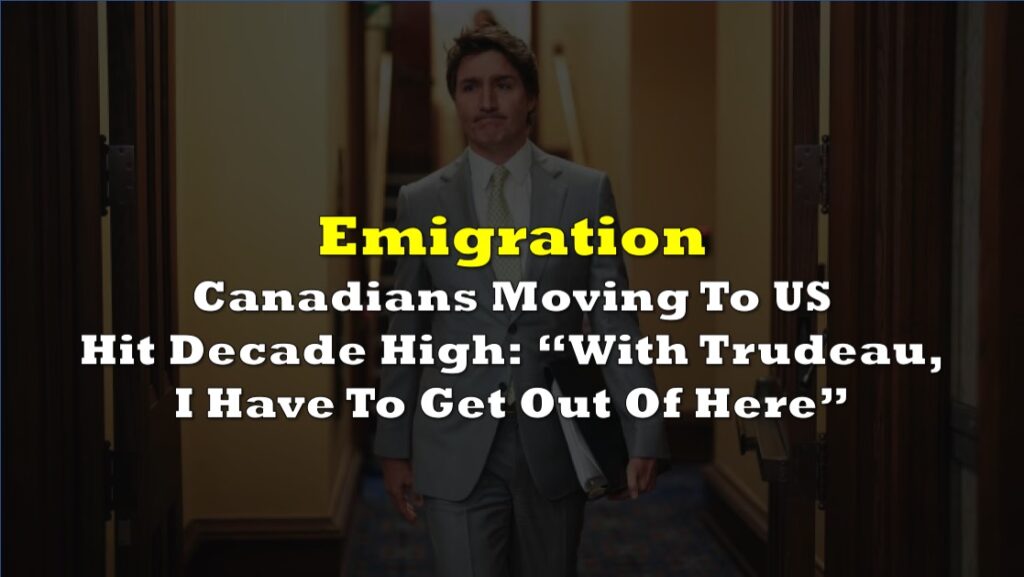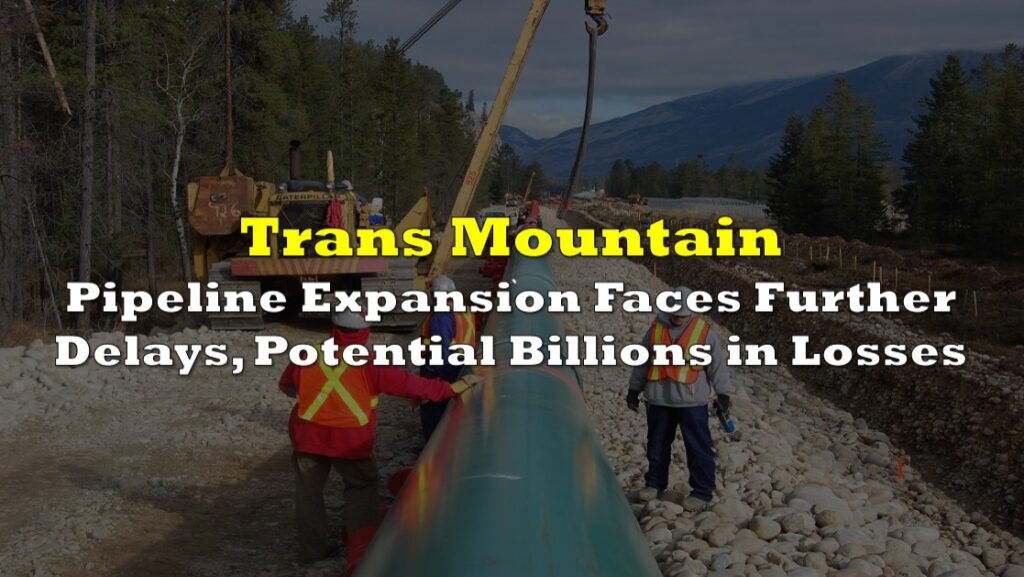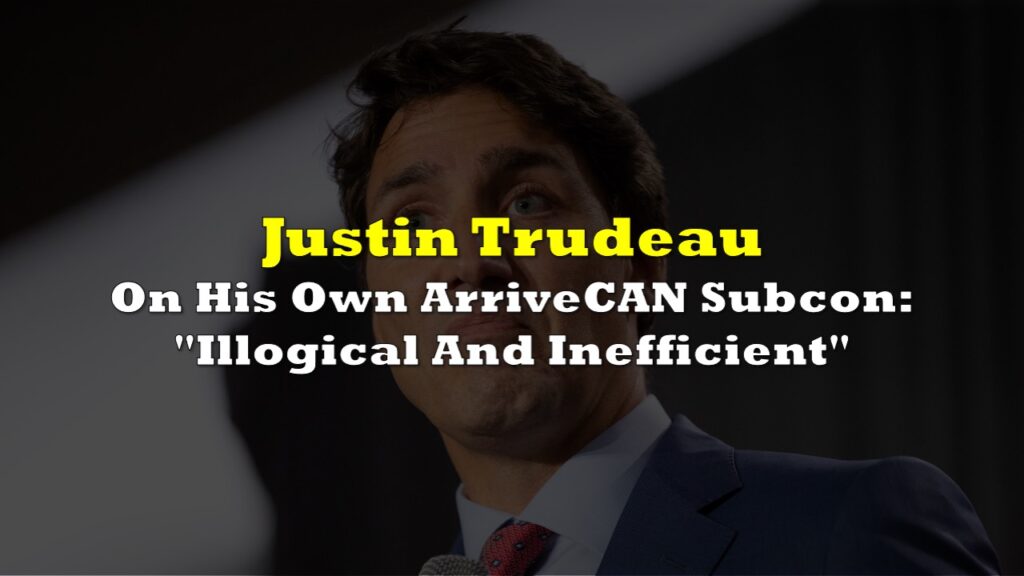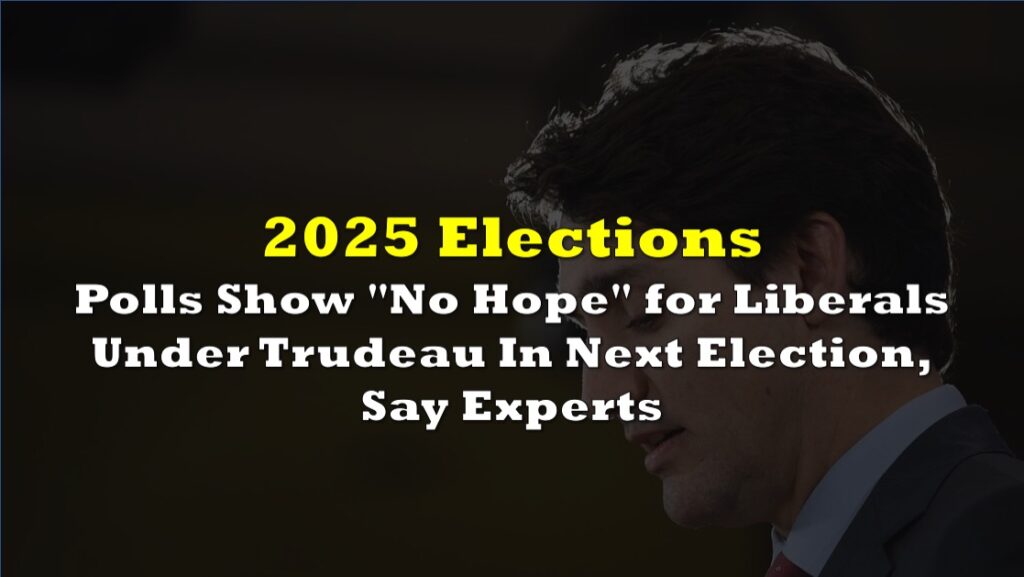Columnist Andrew Coyne has voiced strong criticisms against Prime Minister Justin Trudeau’s proposed changes to capital gains taxes. In his remarks, Coyne expressed support for a two-thirds inclusion rate on capital gains as part of a broader tax reform. However, he condemned the proposal as “deeply misleading” for several reasons.
The Globe And Mail columnist highlighted that the proposed tax increase fails to acknowledge several key factors including the idea that capital gains are earned on income that has already been taxed, unless sheltered in a registered retirement savings plan (RRSP).
“[There’s] no mention that the capital gains comes out of income that has also been taxed at the corporate level, which is what the partial inclusion of capital gains is supposed to capture,” Coyne argued.
Capital gains are also not indexed to inflation, according to Coyne, which can distort the value of assets at the time of sale.
He further asserted that the federal government “does not need more revenues”, as it is already at record high levels per citizen after inflation, while criticizing the government’s messaging, which he said oversimplifies the issue by suggesting that ordinary citizens pay tax on all their income while others pay tax on only half of theirs.
“No, the message is just “YOU pay tax on all of your income (you don’t but never mind) and THEY pay tax on half of theirs.” Which, if it were not for all of the above, would simply raise the question: why only a 66 per cent inclusion rate? Why not 100 per cent?” Coynes maintained.
I support the move to a two-thirds inclusion rate on capital gains — or I would, if it were part of a broader move to not only equalize the tax treatment of different sorts of income, but lower the tax on income generally — but this is deeply misleading.
— Andrew Coyne 🇺🇦🇮🇱 (@acoyne) May 13, 2024
There's no mention that… https://t.co/LxVNu0CcH2
More Canadians reject capital gains tax
A recent poll by Nanos Research Group for Bloomberg News indicates that a larger proportion of Canadians have a negative view of the planned capital gains tax hike than a positive one. According to the survey, 45% believe the tax changes will decrease investments and innovation, weakening the economy. In contrast, 38% view the increase as fair and a means to reduce inequality, with the remainder uncertain.
The government’s budget, released last month and announced by Finance Minister Chrystia Freeland, includes a measure that will increase the portion of capital gains that are subject to taxation from 50% to 66.67% for gains over $250,000 for individuals, while corporations are subjected to the new rate for all capital gains.
The change is projected to raise $19.4 billion in new tax revenue over the next five years, including $6.9 billion in the current fiscal year.
Funds raised from the tax hike are intended to support various programs, including initiatives to help younger Canadians afford homes. Despite these plans, the poll suggests skepticism remains high among the public.
The debate over the capital gains tax is overshadowing other elements of the federal budget. Post-budget tracking by Nanos Research indicates the opposition Conservatives hold an 18-point lead over the ruling Liberals. An election is scheduled for 2025.
“If the budget was intended as a potential reset of the Liberal government agenda in order to help close the gap with the Conservatives, the research suggests it is unlikely to succeed,” said Nik Nanos, the firm’s chief data scientist and founder.
The capital gains tax increase has sparked significant backlash from businesses, which warn that it could worsen Canada’s investment and productivity challenges. Freeland, the current finance minister, who has yet to introduce legislation for the tax change, defended it as a measure to ask those benefiting the most from the economy to contribute more.
In contrast, Bill Morneau, who served as Trudeau’s finance minister from 2015 to 2020, warned that the move could have a “chilling effect” on future investment in Canada.
“This was very clearly something that while I was there, we resisted,” Morneau said in a webcast. “We resisted it for a very specific reason: concerned about the growth of the country.”
Morneau argued that capital gains tax rates are a major concern for investors and that the increase could hinder Canada’s long-term economic growth and productivity. He said the move represents a “negative” for the government’s goal of promoting productive investment.
Regional differences in opinion are evident, with residents of the Prairie provinces, home to Canada’s energy industry, more likely to believe the changes would weaken the economy compared to those in Quebec or Atlantic Canada. Additionally, the changes are less popular among younger Canadians than older voters.
Support for Trudeau’s Liberals has been slipping across all age groups, but younger voters were crucial for the party’s majority win in 2015. Despite new housing strategies in the budget aimed at improving affordability, a large majority of Canadians remain skeptical. The poll found that 80% of Canadians do not believe housing will be more affordable in five years, a sentiment consistent across all age groups.
The Nanos survey included 1,086 Canadians and was conducted by phone and online between April 28 and May 1. It has a margin of error of three percentage points, 19 times out of 20.
Information for this story was found via Bloomberg and the sources mentioned. The author has no securities or affiliations related to the organizations discussed. Not a recommendation to buy or sell. Always do additional research and consult a professional before purchasing a security. The author holds no licenses.





